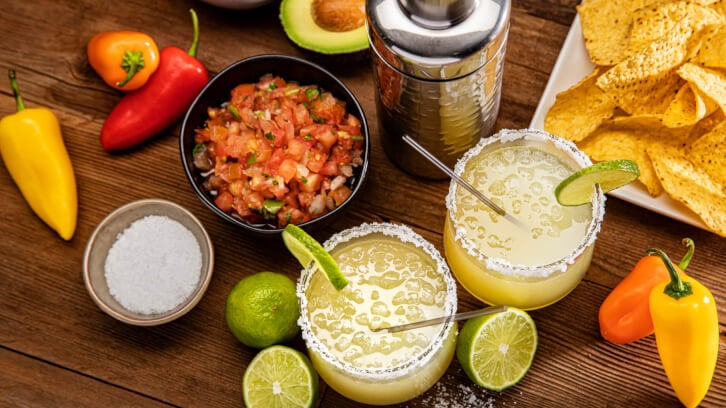Pub groups ranked
Two pubcos – JD Wetherspoon and Young’s – were ranked in the Which? report of 28 hospitality businesses with Young’s placing 5th and JD Wetherspoon in 12th position.
Which? said of Young’s: “Its pubs serve higher – welfare and sustainable ingredients – the pork is RSPCA Assured, steaks are West Country PGI (Protected Geographical Indication, which protects local and traditional production) and beef is sourced from ex-dairy cattle.
“Haddock in fish and chips is MSC-certified, and eggs are free range, and the menu is seasonal so ingredients can be sourced from the UK where possible.
“The company doesn't use any palm oil, and its tea, coffee, sugar and chocolate are Fairtrade or Rainforest Alliance certified.
“It has a responsible refurbishment policy to pub fit-outs and a recycling and waste initiation across all premises that ensures no waste goes to landfill.
“One innovative example is its cooking oil, which is recycled for biodiesel – to date, the brand says it's recycled 334,325 litres.
“As the pubs don't do takeaways, packaging is kept to a minimum and it scores well in the waste and plastics section of our analysis.
“Since April 2021, 100% of its electricity is from renewable sources.”
The Zero Carbon Forum, which is backed by UKHospitality, the British Institute of Innkeeping (BII) and the British Beer & Pub Association with members including Stonegate, Marston’s, JD Wetherspoon and BrewDog among many other pub and bar businesses, said it welcomed the spotlight on achieving net zero in hospitality but queried the analysis and ranking of operators in the Which? publication.
A spokesperson for Zero Carbon Forum said: “[The Most sustainable UK restaurant chains report] doesn’t include many of the 155 initiatives the sector has identified it can take to reach net zero. As a result, it doesn’t accurately reflect the sector’s and operators’ progress on sustainability.”
Ranking isn't helpful
“While the Which? report overall shows that positive progress is being made – progress Zero Carbon Forum is helping to facilitate as a non-profit collaborative group – the ranking isn’t helpful as it isn’t based on an accurate assessment of all the actions operators need to take.
“The forum has enabled all operators to share every initiative they’ve taken on climate action, which combined with the insights of sustainability experts including Mike Berners-Lee and Mike Barry, provides members with over 155 initiatives across 9 impact areas of emissions.”
The group went on to say the sector’s biggest impact is food and drink – and measuring impact in the supply chain is critical.
It also said while the report questions whether an outlet sells water in glass or plastic bottles, it doesn’t ask about whether there is a net zero strategy in place, or if operators are engaging their major suppliers.
Reducing emissions
The spokesperson continued: “Over 60 businesses across the hospitality industry, operating 35,000 sites, representing 35% of the sector are collaborating through the forum to reduce emissions with greater speed and efficiency than they could otherwise achieve individually.
“Zero Carbon Forum has set a roadmap for members, including those ranked in this report: Burger King, Five Guys, Frankie & Benny’s, JD Wetherspoon, KFC, McDonald’s UK, Nando’s, Pizza Hut, Pizza Express, TGI Fridays, Young & Co, Wagamama and Zizzi to reach net zero operational emissions by 2030 and supply chains by 2040.
“Members have already removed over half a million tonnes of CO2 a year through energy initiatives such as efficiency measures, on-site generation and renewable procurement.”




